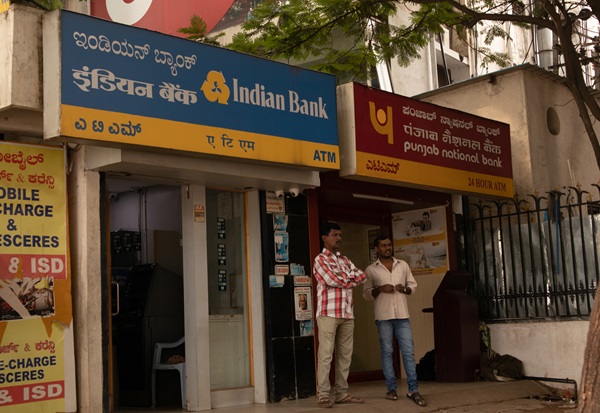.png)
Mint Owl tracks markets and policy with a steady eye, offering clear analysis on the choices shaping India’s economy and financial system.
September 3, 2025 at 4:35 PM IST
There is little ambiguity in the regulatory framework that governs Tata Sons. As a registered core investment company under RBI rules, it is technically required to list by the end of this month. Yet there has been no sign of the company moving towards an initial public offering. No bankers have been appointed, no filing has been made with the market regulator, and no roadmap for listing has been laid out. Instead, Tata Sons has sought an exemption from RBI, applied for deregistration as a core investment company, and restructured its liabilities to reduce any interface with the public.
If the framework is clear, then what explains the gap between requirement and action?
Part of the answer lies in the RBI’s own annual report for 2024-25, released in May, which noted that a review is underway for non-banking finance companies of type I. These are entities that neither access public funds nor deal with retail customers. Tata Sons sits squarely in this category, and in fact it is the only core investment company of scale that falls into this peculiar space. More than 95% of its portfolio consists of investments in Tata Group companies, and it does not raise deposits or lend directly.
This raises the question: does it make sense to insist on a public listing of Tata Sons when its financial services business is already represented separately by Tata Capital, which itself is preparing for an IPO this month? Would transparency at the group’s financial arm not suffice to address the original regulatory intent?
Governance advocates would argue otherwise.
Given its role as the controlling entity of one of India’s largest conglomerates, they contend, a listing of Tata Sons would bring greater visibility and accountability to decisions that ripple across dozens of listed and unlisted Tata companies. There is also the Shapoorji Pallonji Group, which holds 18% of Tata Sons and has faced considerable financial strain. A public listing would give SP Group greater freedom to monetise or leverage its stake. Should such shareholder considerations be allowed to weigh on RBI’s call? Or should they be viewed as secondary to the central bank’s regulatory objectives?
The debate cannot be separated from the origins of the framework itself. The IL&FS collapse in 2018 exposed severe weaknesses in the shadow banking system, followed by crises at Dewan Housing, Srei, and Reliance Capital. The RBI responded by introducing scale-based regulation and stricter norms for large NBFCs, placing them in an “upper layer” for heightened oversight. These measures improved discipline and enhanced scrutiny for firms with systemic links.
Does Tata Sons fit that template? Its business is confined to holding shares in group companies, not borrowing from the public or lending onwards. Should a company that is structurally so different be judged by the same yardstick?
There are no easy answers. On one hand, easing norms for Tata Sons could be seen as a dilution of the post-IL&FS regulatory resolve. On the other, forcing a listing that adds little systemic value might create an impression of rules being enforced for form’s sake. Which path better serves regulatory credibility?
The RBI has, in recent years, shown a willingness to adjust frameworks when reality demanded it. Governor Sanjay Malhotra has emphasised pragmatism in implementation in recent episodes relating to overall regulation.
Should Tata Sons be viewed as another instance where adaptation is necessary, or would that open the door to exceptions that weaken the entire framework?
As the September 30 deadline approaches, the issue is no longer whether Tata Sons can or cannot go public, but whether it should. What does the RBI gain by insisting on an IPO? What does it risk by granting reprieve? These are the questions that will test the balance the central bank seeks to strike between principle and practicality.
It does appear that Tata Sons could get the leeway. The debate on the merits would rage on.




